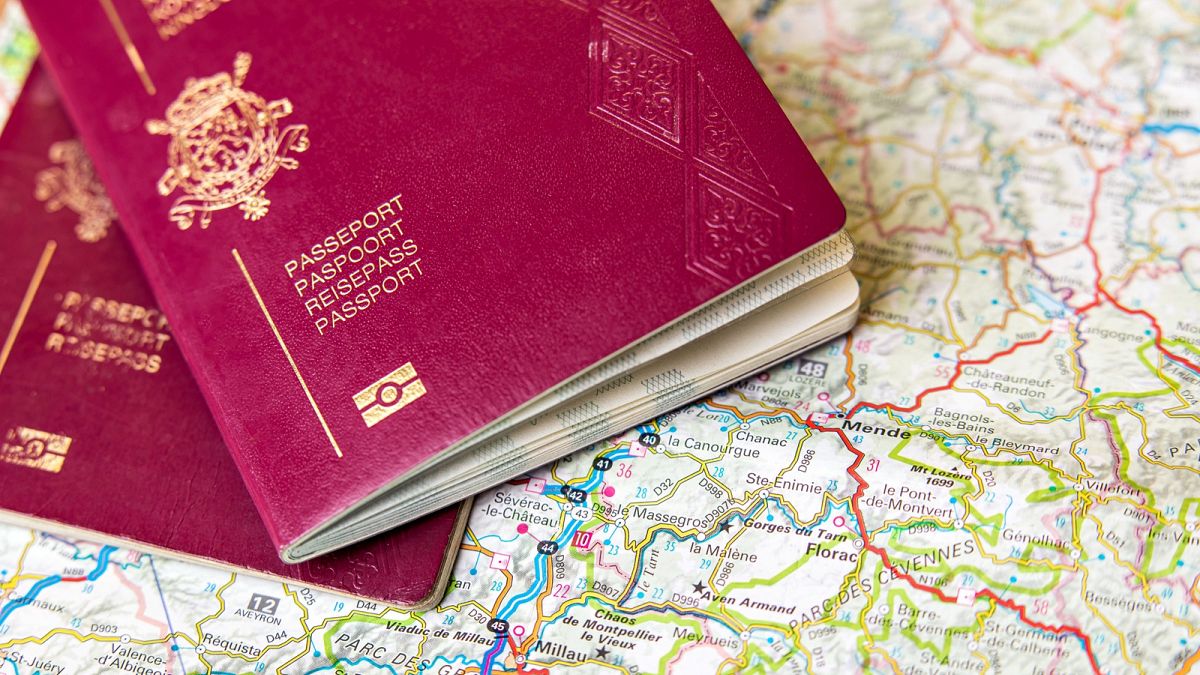The European Commission has decided to delay the introduction of the Entry/Exit System (EES), which was expected to come into force on 10 November. The EES is a comprehensive reform aimed at modernizing checks at the EU’s external borders and promoting information-sharing. The delay was announced by Ylva Johansson, the Commissioner for Home Affairs, who cited concerns about the resilience of the system. She mentioned that Germany, France, and the Netherlands had expressed their unreadiness for the EES to be implemented on the initially planned date. As an alternative, Johansson suggested a phased-in approach to introducing the system, but this would require targeted amendments to the current regulation.
The EES is a significant reform that dates back to 2016 and has been repeatedly delayed. Its main goal is to modernize checks at the EU’s external borders and replace the traditional physical stamping of passports. The system will apply to non-EU citizens visiting the bloc for short stays, such as holidays or business trips, with a total duration of up to 90 days within a 180-day period. Upon arrival, visitors will have to provide their passports, have a photo of their face taken, and have their fingerprints scanned electronically. All entries and exits from the passport-free Schengen Area will be recorded. The collection of biometric data and real-time information sharing are intended to help authorities prevent visa overstays and identity fraud. Most member states, except Cyprus and Ireland, as well as four Schengen-associate countries, will participate in the EES. Passports in Cyprus and Ireland will continue to be stamped manually.
The delay of the EES’s implementation was announced during a meeting of EU interior ministers where the issue was discussed. Johansson highlighted concerns about the system’s resilience, mentioning that Germany, France, and the Netherlands were not ready for the planned November 10 start date. She indicated that a phased-in approach could be considered as an alternative but would require modifications to the legal text governing the EES. Despite not providing a new timeline for the system’s introduction, Johansson emphasized that the gradual implementation would not begin on November 10. Efforts are underway to address the readiness of member states and ensure a smooth rollout of the EES.
The EES has been in the works since 2016 and aims to modernize border checks within the EU. The system will replace traditional passport stamping with electronic checks for non-EU citizens visiting the bloc for short stays. This includes tourists, business travelers, and other visitors with stays of up to 90 days within a 180-day period. Upon arrival, visitors will undergo electronic passport scans, facial photo capture, and fingerprinting to ensure accurate identity verification. The usage of biometric data and real-time information sharing will enhance border security and help detect individuals who overstay their visas or engage in identity fraud. Participation in the EES is widespread, with most EU member states and several Schengen-associate countries, except for Cyprus and Ireland, set to implement the system.
The delay in the implementation of the EES reflects concerns about the system’s readiness and resilience raised by key EU member states. Germany, France, and the Netherlands have expressed their unreadiness for the initial launch date of November 10, prompting the European Commission to reevaluate the timeline. While a phased-in approach has been suggested as an alternative, it would require legal amendments to the current regulation governing the EES. Johansson emphasized the need for a comprehensive assessment of the system’s capabilities before determining a new start date. Despite the delay, efforts are ongoing to address the concerns of member states and ensure a successful rollout of the EES. As the EU continues to work towards modernizing border controls and enhancing information-sharing, the introduction of the EES remains a key priority for promoting a more secure and efficient travel experience within the bloc.











